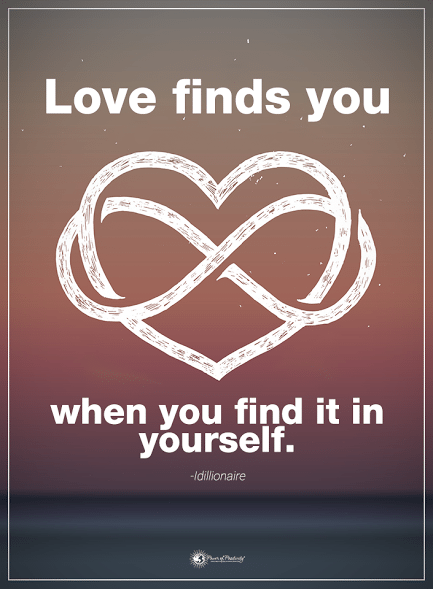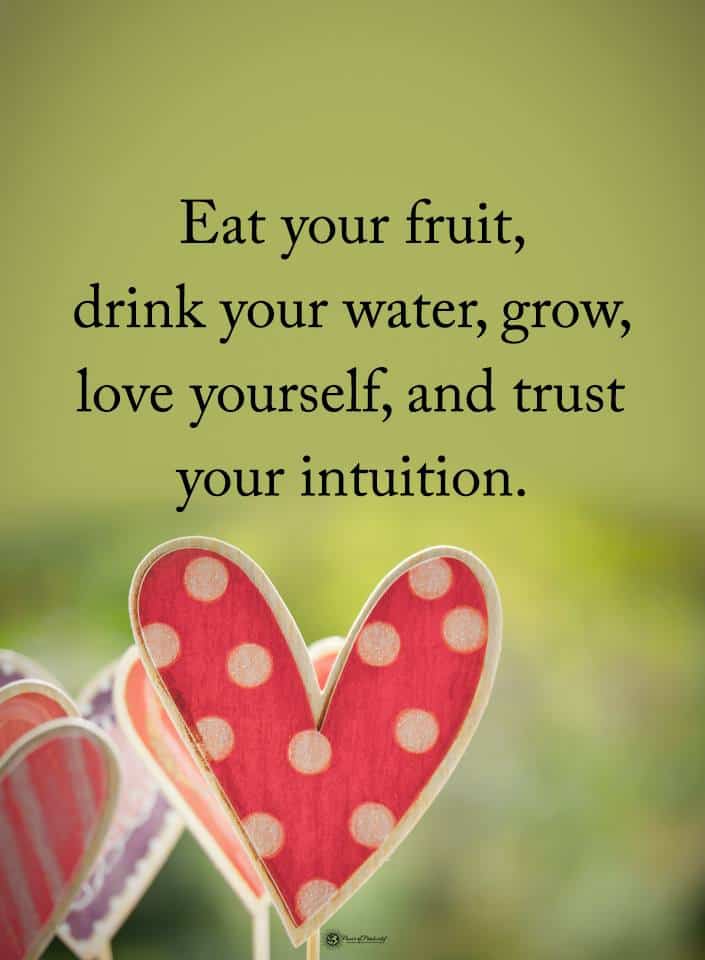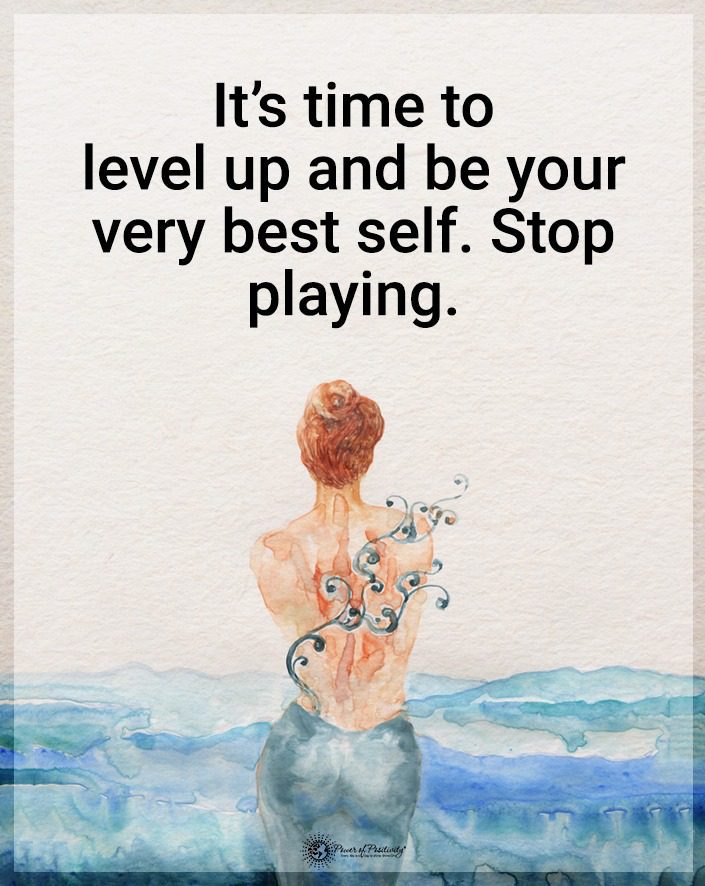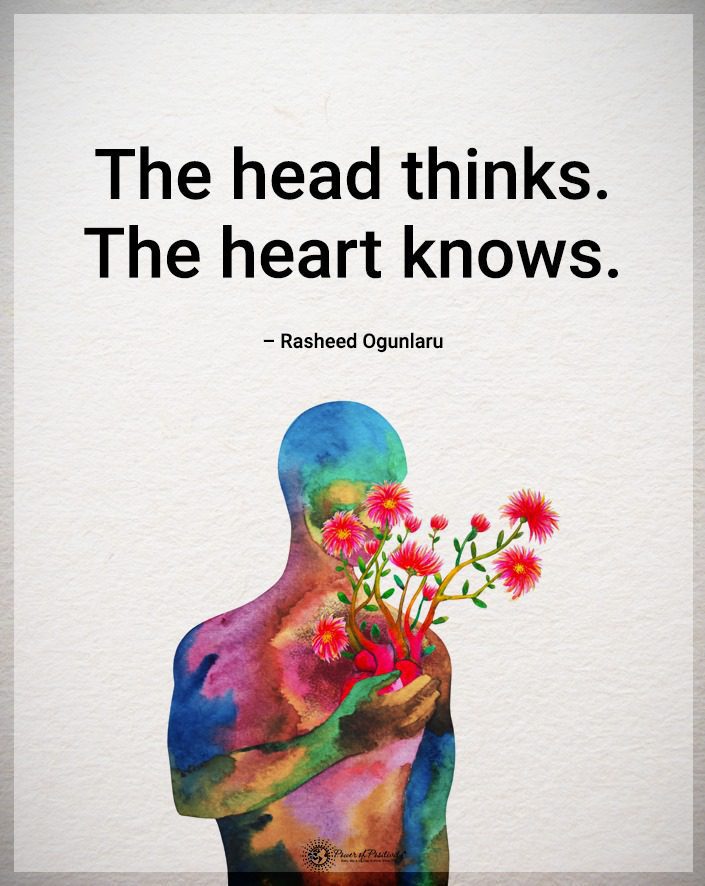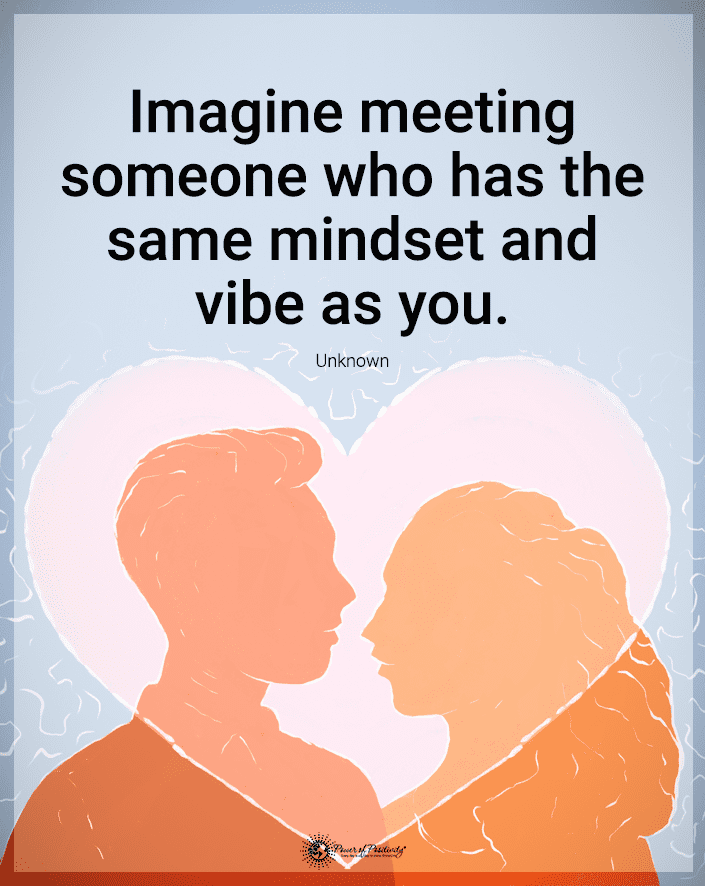“If people like you, they’ll listen to you, but if they trust you, they’ll do business with you.” – Zig Ziglar
Although this isn’t a business-related article, Zig’s quote testifies to the power of trust. Any relationship – personal and professional – depends on mutual trust.
Human psychology has a lot to do with it. Behavioral and cognitive scientists have studied the trust/behavior phenomenon for a long time. Again and again, researchers and scientists conclude that one’s willingness to trust another is strongly influenced by what the other person says and does.
In this article, we’ll take a look at five such behaviors. Of course, we back up each point with scientific evidence. Genuine displays of these behaviors can help you gain the trust of friends, co-workers, and even strangers.
5 Ways To Get People To Trust You
1. Having a pleasant smell
Ok, we all know that being smelly isn’t conducive to earning someone’s trust. On the other hand, our olfactory nerve (which affects smell) does influence trust to some degree.
University of Arizona professor Joyce Berg developed the Trust Game (aka, “the investment game”) to measure interpersonal trust. Dutch researchers wanted to test whether or not certain scents would influence trust.
90 participants were split into three groups; one group was exposed to no smell, the second group to peppermint, and the third to lavender. People in the lavender-smelling group were “significantly more willing” to entrust money to others than participants in other groups.
Researchers explained this phenomenon in simple terms: lavender has a calming effect. Apparently, this calming effect may invoke feelings of trust in others.
2. Mirroring body language
One group of MBA students were asked to mimic their colleagues in a business transaction negotiation subtly. Another group was used as a control, and were advised not to mirror. None of their colleagues knew of the experiment.
The simple act of resting an elbow on the table when their partner did drastically affected the outcome.
A negotiation was reached 67 percent within the mirroring group, and just 12 percent in the control group. Researchers have previously shown that we mirror those we admire; adding another exciting dimension to interpersonal relationships.
3. Having mutual friends
Triadic closure is the social tendency to include a third person (hence, a triad) if the person ‘(a)’ or ‘(b)’ has already has a friendship with that person. Think of the friend that brings someone along to a party; others are more likely to approach and bond with the guest.
University of British Columbia students wanted to examine the Triadic closure effect on social media. Researchers had student participants randomly “friend” people on Facebook.
80 percent of individuals who sent a friend request approved the invite when mutual “friends” (something Facebook makes visible) was seen. Just 20 percent accepted the request when there were no mutual friends.
Guess there’s a reason why we’re always told to “network.”
4. Apologize with empathy
This one is kind of interesting.
Some of us detest having to apologize; especially for something that is not our fault. We may want to rethink our mindset on this matter, however, as doing so may very well improve our relationships; even with strangers.
Researchers from Harvard demonstrate that apologizing, even unnecessarily or superfluously, earns someone’s empathy and trust.
In one study, a young man was asked to approach 65 strangers in a large train station while raining outside and ask to use their cell phone. When preceding his request to borrow the cell with a (somewhat weird) “I’m so sorry about the rain!” 47 percent gave him the phone. When he didn’t? 9 percent.
5. Don’t be embarrassed!
In a study at the University of California at Berkeley, a young man was told by beaming professors that he’d gotten “a perfect score” on a test. Behind the scenes, of course, were researchers videotaping the reactions of people around him. In the first experiment, the man responded pridefully. In the second, he was relatively shy and embarrassed.
After witnessing the man’s response, researchers set up a series of games with the man and some participants. Classmates who saw the man “respond with pride” were less likely to trust him as a partner. However, when the man responded with a bit of shyness and embarrassment, classmates were more willing to have some faith in the guy.
Social scientists and researchers correlate embarrassment with pro-social behavior. Pride, on the other hand, appears to have the exact opposite effect.

